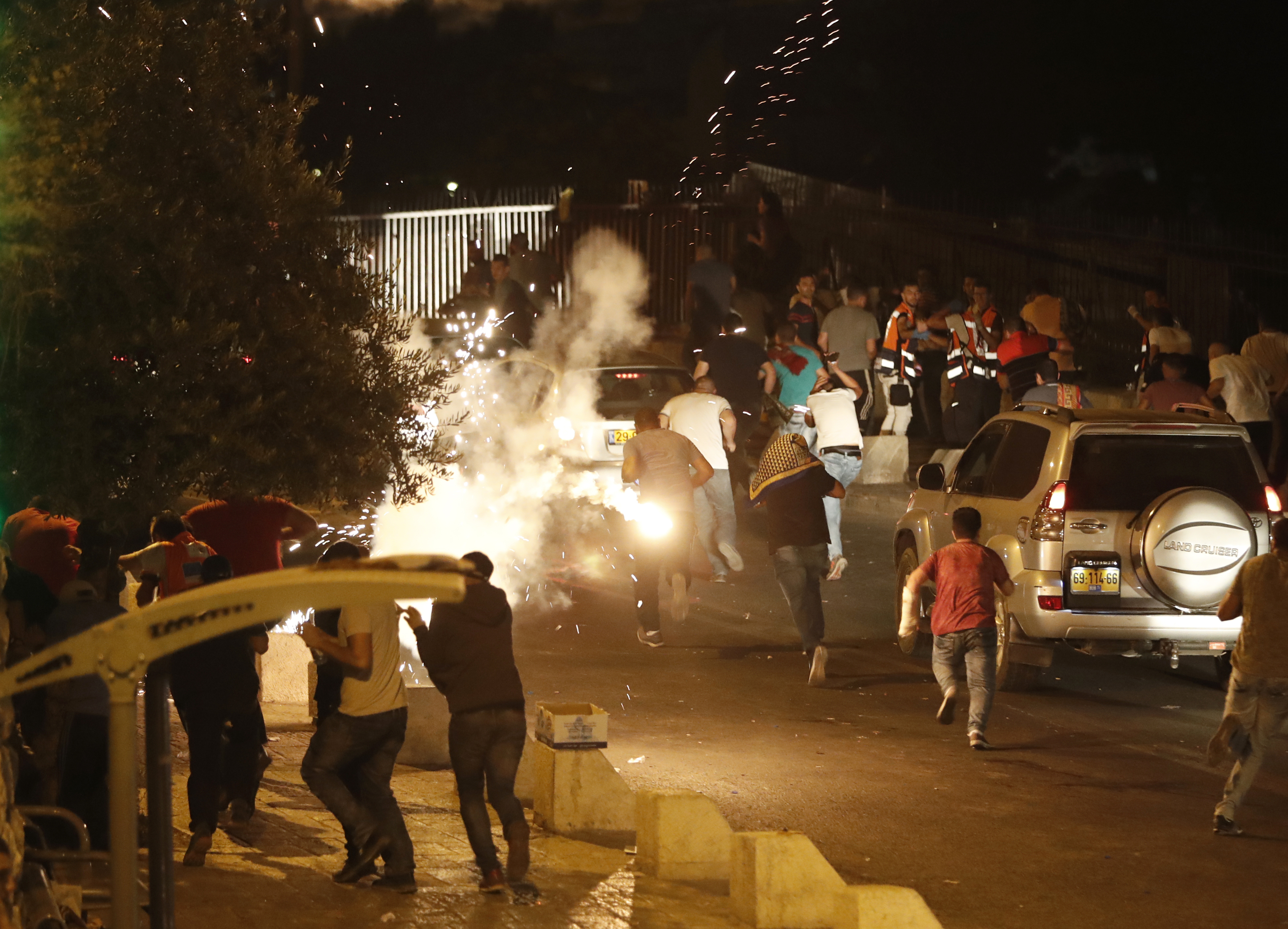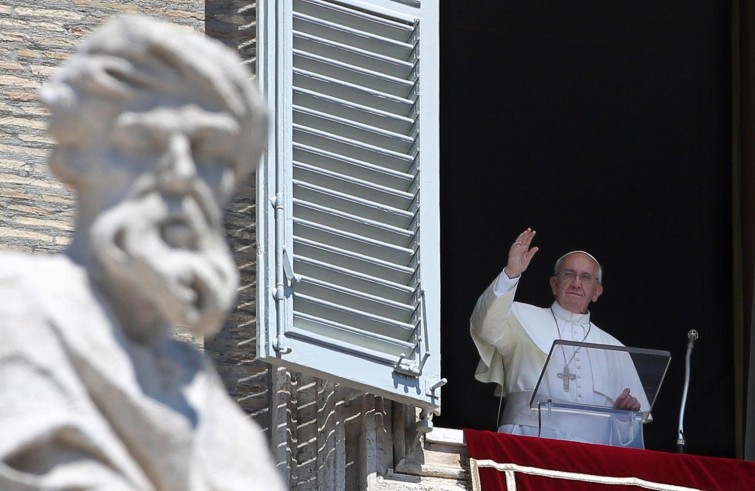HIGH TENSION
Tensions remain high in Jerusalem after the clashes that caused deaths and serious injuries, following an attack in the al-Aqsa Mosque compound and Israel’s subsequent decision to impose new measures of control at the compound entrance. In the Angelus prayer Pope Francis appealed “to moderation and dialogue.” The Holy Father’s appeal follows the statement of the Heads of the Churches in Jerusalem released a few days earlier. The hopes of the Custos of the Holy Land.

“First of all I wish to thank the Holy Father for having at heart the situation of Jerusalem. For the faithful his urgent call to prayer is fundamental, since without this interior aspiration that comes from God it will be hard for people to open up to dialogue, reconciliation and peace”, Father Francesco Patton, Custos of the Holy Land, told SIR commenting on Pope Francis’ Angelus prayer of Sunday July 22. The Pontiff made a powerful call to moderation and dialogue.

He said: “I follow with trepidation the grave tensions and violence of the past days in Jerusalem. “I feel the need to express a heartfelt appeal to moderation and to dialogue. I invite you to join me in prayer
that the Lord may inspire all with resolutions of reconciliation and peace.”
“Praying for peace – said the Custos of the Holy Land – helps those gathered in prayer mature a conscience leading to the commitment for peace. The call to moderation and dialogue is of equally major import.”
“The call to moderation – said Father Patton – is important to avoid a further escalation of tensions and violence, while dialogue is the diplomatic, i.e. peaceful, tool that helps find common grounds and compromise solutions enabling the involved parties to honourably overcome a very dangerous situation.”
The concern of the Churches of Jerusalem. Pope Francis’ appeal follows by a few days the appeal of the heads of Jerusalem’s Christian Churches (which includes the leaders of Catholic, Orthodox and Protestant communities) that past July 19 expressed their “serious concern over the recent escalation in violence” in the Al-Aqsa mosque compound and “strongly” condemned “all acts of violence.” In their statement the religious leaders said they were “worried
about any change to historical (Status Quo) situation in al-Aqsa Mosque (Haram ash-Sharif) and its courtyard, and in the holy city of Jerusalem.”
“Any threat to its continuity and integrity could easily lead to serious and unpredictable consequences, which would be most unwelcome in the present tense religious climate.” The Christian religious leaders also said they “value the continued custody of the Hashemite Kingdom of Jordan on al-Aqsa Mosque and the holy places in Jerusalem and the Holy Land which guarantees the right for all Muslims to free access and worship to al-Aqsa Mosque according to the prevailing Status Quo.” They renewed their call “that the historical Status Quo governing these sites be fully respected, for the sake of peace and reconciliation to the whole community, and we pray for a just and lasting peace in the whole region and all its peoples.”
 In the meantime tensions rise in Jerusalem after the Israeli authorities enforced access restrictions to the Al-Aqsa compound. Three Palestinians died in the clashes in Jerusalem and three Israelis were stabbed to death in the settlement of Halamish, near Ramallah, in the West Bank. Israel’s media outlets reported the arrest by Shin Bet security agency and IDF of 25 Hamas members– the Islamist movement in power in the Gaza Strip. On its part the Arab League accused Israel of “playing with fire”, and that its moves could trigger a “serious crisis with the Arab and Muslim world” by imposing new security measures.
In the meantime tensions rise in Jerusalem after the Israeli authorities enforced access restrictions to the Al-Aqsa compound. Three Palestinians died in the clashes in Jerusalem and three Israelis were stabbed to death in the settlement of Halamish, near Ramallah, in the West Bank. Israel’s media outlets reported the arrest by Shin Bet security agency and IDF of 25 Hamas members– the Islamist movement in power in the Gaza Strip. On its part the Arab League accused Israel of “playing with fire”, and that its moves could trigger a “serious crisis with the Arab and Muslim world” by imposing new security measures.
In a statement, the Secretary of the Arab League Ahmed Abul Gheit declared that “Al Qods (Jerusalem, Ed.’s note) is a red line”, adding that “no Arab or Muslim will accept violations.”
Palestinian President Abu Mazen promptly announced he was freezing all contacts with Israel. Consequences of this decisions are bound to impact also Israeli-Palestinian cooperation regarding internal security. Finally, tensions escalated also in Amman, Jordan, with an attack against the Embassy of Israel. Reportedly, two Jordanians were killed and an Israeli was left seriously wounded after having been stabbed in the chest.